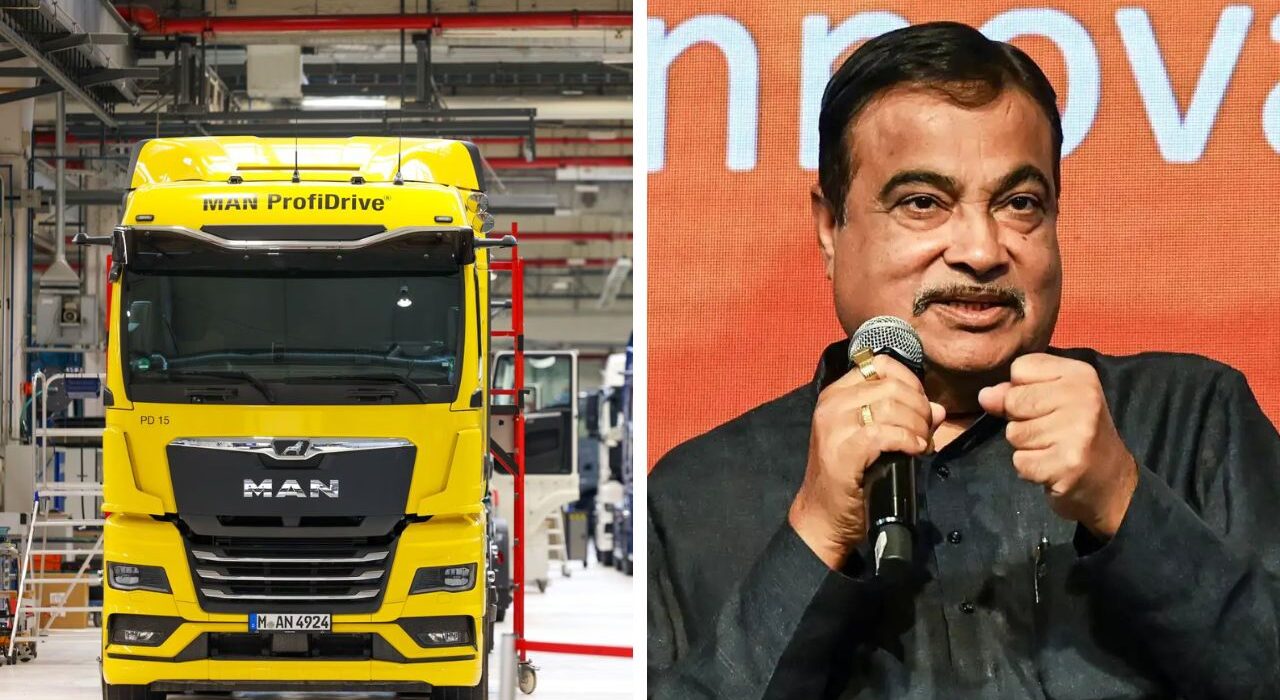The government consider exempting electric trucks from tolls due to the extra weight of their heavy-duty batteries, said Union minister Nitin Gadkari. Electric trucks weigh around two tonnes more than diesel trucks, which leads to higher toll fees for them.
Gadkari mentioned flash-charging or quick-charging technology to show how new tech helps reduce carbon emissions from roads. New technology can help to reduce costs of decarbonising freight and cargo transport in India while also cutting down the country’s large fuel import bill, he said.
Nitin Gadkari orders for toll exemptions for extra weight
“It is very difficult to reduce the country fuel import bill. We import about $20 billion worth fuel,” Gadkari said. “Any method to reduce that bill is good. But these methods need new technology, and they require possible models to function. Businesses will only pursue them if they make a profit,” he said.
Mint previously reported on the flash-charging technology being developed and tested in the country, supported by the ministry of road transport and highways.
“The most important factors are proven technology, economic viability, availability of raw materials, and marketability of the final product,” Gadkari said. “Vehicle emissions are causing severe pollution. We need to use every available option, including biofuels, compressed natural gas (CNG), liquefied natural gas (LNG), and other zero-emission technologies to address this issue. Reducing road emissions requires government support, but not necessarily financial aid.”
Overloaded trucks face penalties
Industry leaders at the roundtable asked the Nitin Gadkari for relief from high toll fees on zero-emission trucks. They argued that reducing or eliminating these fees would encourage more businesses to use electric or hydrogen trucks.
Toll fees for trucks on Indian highways depend on the size and type of vehicle. Each category receives a maximum gross vehicle weight (GVW), which is the total weight the vehicle can carry when fully loaded. Light goods carriers (N1 category) can have a GVW of up to 3.5 tonnes, while medium ones range from 3.5 to 12 tonnes. Heavy goods carriers can have a GVW above 12 tonnes. Overloading a truck beyond its GVW can lead to fines or penalties.
Read also: R Ashwin Ends his IPL Era by announce retirement, hints at ‘new beginning’

1 Comment